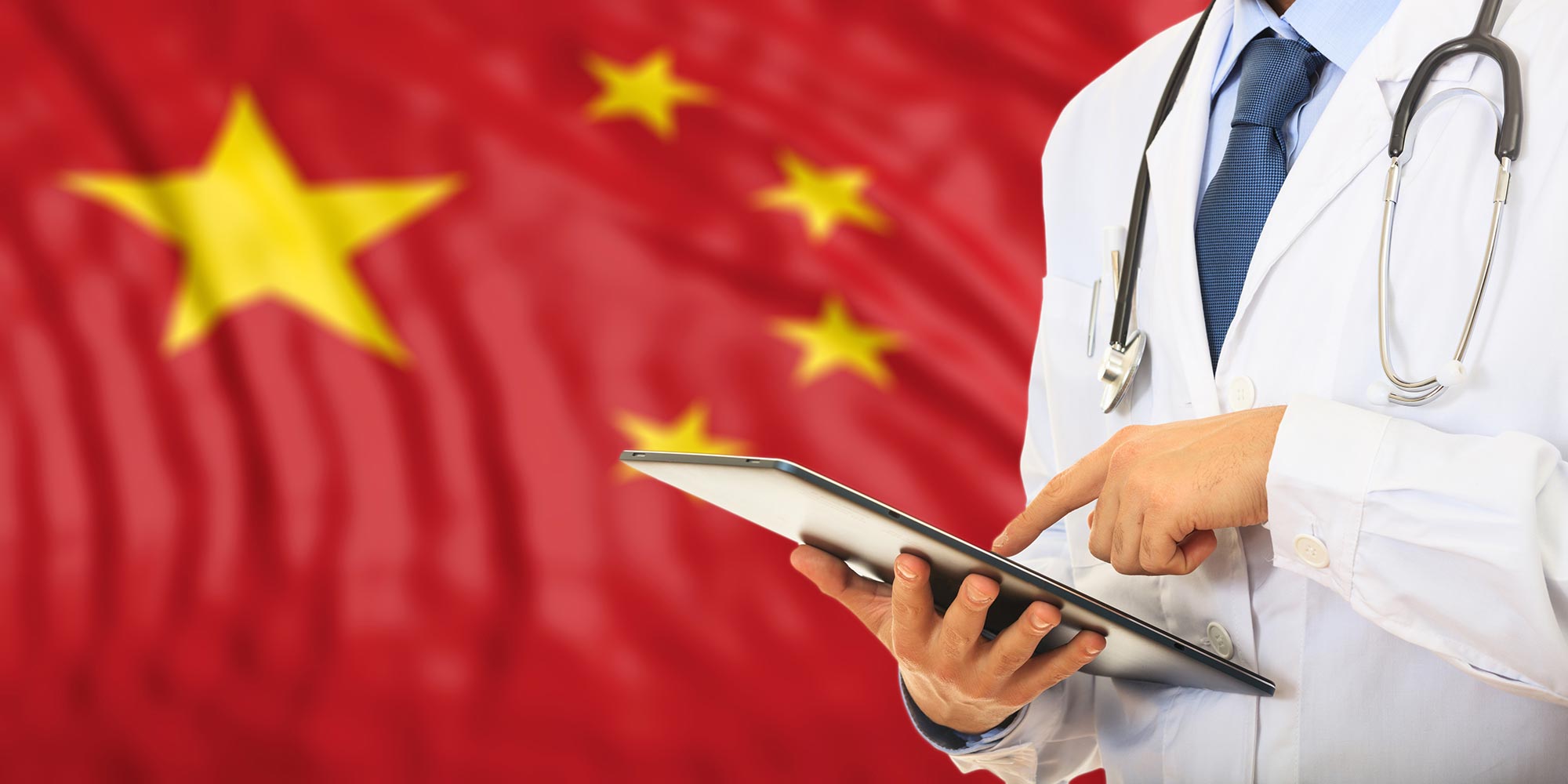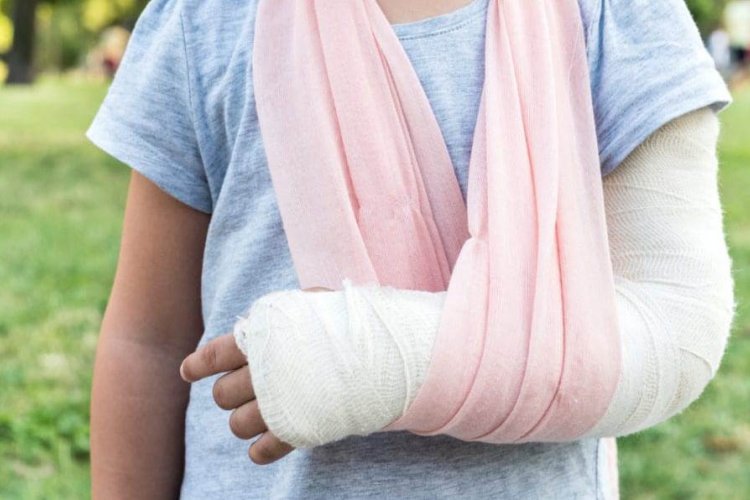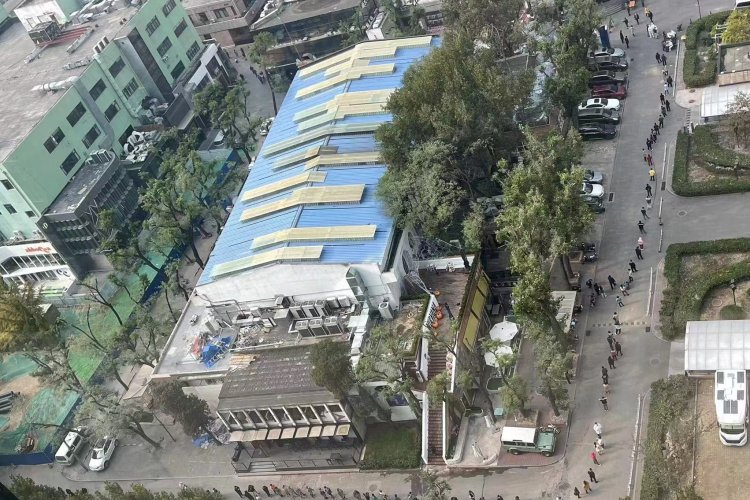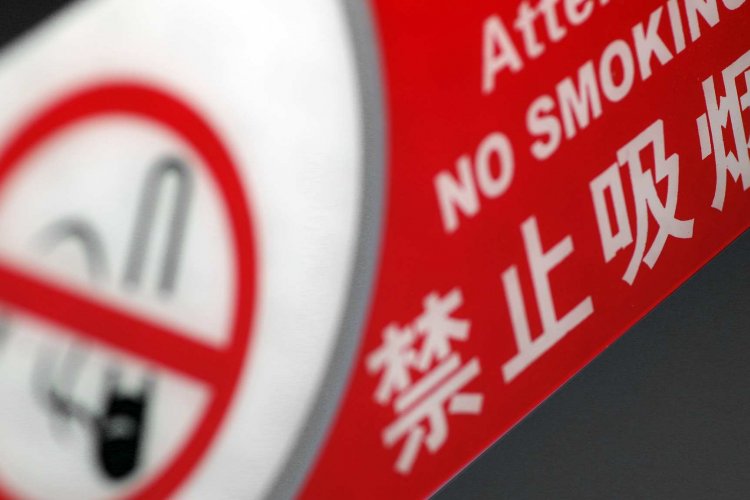Why the Chinese Market for Health Tourism is Booming (and Where to Go Should You Need To)
Medical tourism is a popular option for those looking for more affordable care, who want more options in terms of procedures or pharmaceuticals on offer or are constrained by insurance coverage. For a Beijing-based expat, traveling home to access trusted doctors or in-network providers can be an appealing route. Even for those who have comprehensive China insurance, medical tourism can offer convenient and less expensive alternatives. With many medical care options in Southeast Asia across popular vacation locales, medical tourism can also serve as an easy addition to a pre-planned holiday.
The market for health tourism in China is growing rapidly, alongside an expanding middle class, a rapidly aging population, and increased demand for cosmetic surgery. Over two million Chinese citizens travel each year for health tourism and these numbers are anticipated to continue to increase in the coming years.
Health tourism can include a range of services, from routine check-ups to medical procedures. Japan, Thailand, and South Korea are among the top destinations for mainland tourists, along with Taiwan and India. Many travel to Hong Kong and Macau to purchase foreign medicines, as the approval process is shorter in both locations.
Regardless of locale, these top-rated hospitals offer a service-oriented experience, brief wait times, comprehensive and inexpensive health packages, and are well practiced in dealing with foreign patients. With experience treating patients from all over the globe, the US, once a preferred destination, is increasingly passed over in favor of location with reduced costs and less visa scrutiny. Third party agents for medical tourism report that, on average, treatment in the US can cost three times that of a similar package in Japan. Hospitals in Japan or Europe are increasingly catering to these Chinese patients, offering lodging and translation services in addition to treatment.
While Chinese abroad seek a broad range of services, most are largely wanting routine examinations and plastic surgery. For Chinese tourists traveling to South Korea, the most popular treatments include cancer, cosmetic surgery, and skincare. In 2017, patients from China accounted for 100,000 of the 320,000 foreigners seeking treatment. In Seoul, the International Clinic, Yonsei Severence Hospital, Kangbuk Samsung Hospital, and St. Mary’s Hospital Seoul are among the most renowned.
While a popular destination, medical tourism to South Korea is not without its challenges. Korean government data revealed that from 2012 to 2018, Chinese patients account for 70 percent of all medically related disputes. The most common cases included disputes over plastic surgery, orthopedic surgery, and obstetrics. In addition to legal issues, tourism to South Korea is also subject to political headwinds. Following the tensions over the THAAD missile system in 2016, Chinese medical tourists to South Korea dropped by over 20,000.
Thailand is another popular destination, due to its high-quality treatment, relatively low prices, and proximity to other appealing holiday destinations. Medical tourists from China increased by 30 percent between January and April 2018. Bumrungrad International Hospital is perhaps the most high-profile facility in Thailand for foreign patients, attracting more foreign patients than any other facility in the world. Cosmetic surgery, dental procedures, check-ups, cardiac services, and infertility treatments are among Bumrungrad’s biggest sellers.
While Bumrungrad International Hospital may garner the most name recognition, Bangkok Hospital, Siriraj Hospital, Yanhee General Hospital, and Samitivej Hospital are other reputable options. Some hospitals have additional clinics in tourist-heavy locations, such as Phuket. Dental clinics are numerous and relatively inexpensive.
Chinese tourists are not the only patients traveling abroad for medical treatment. Beijing expats also seek treatment in other countries, particularly Thailand and South Korea. Thailand is a popular pick for anything from teeth whitening to HIV/AIDs antiretroviral drugs. For expats without good insurance coverage or with limited Mandarin ability, other options in Southeast or East Asia can be appealing.
Jacqueline Cohen, a former Beijing resident, has experienced the convenience of using services from Thailand’s Bumrungrad Hospital first hand. Over the course of two visits 10 years apart, she found that the hospital offered state of the art facilities and world-class service, as well as a detail-oriented methodology that surprised her. She not only found that the hospital had kept her old medical records but provided her with the same doctor she had seen 10 years prior. As even internationally oriented hospitals generally employ Thai doctors, most will offer an unusual degree of continuity for patients making repeat visits.
READ: Your Guide to Starting a Business in China
Image: Big Translation







